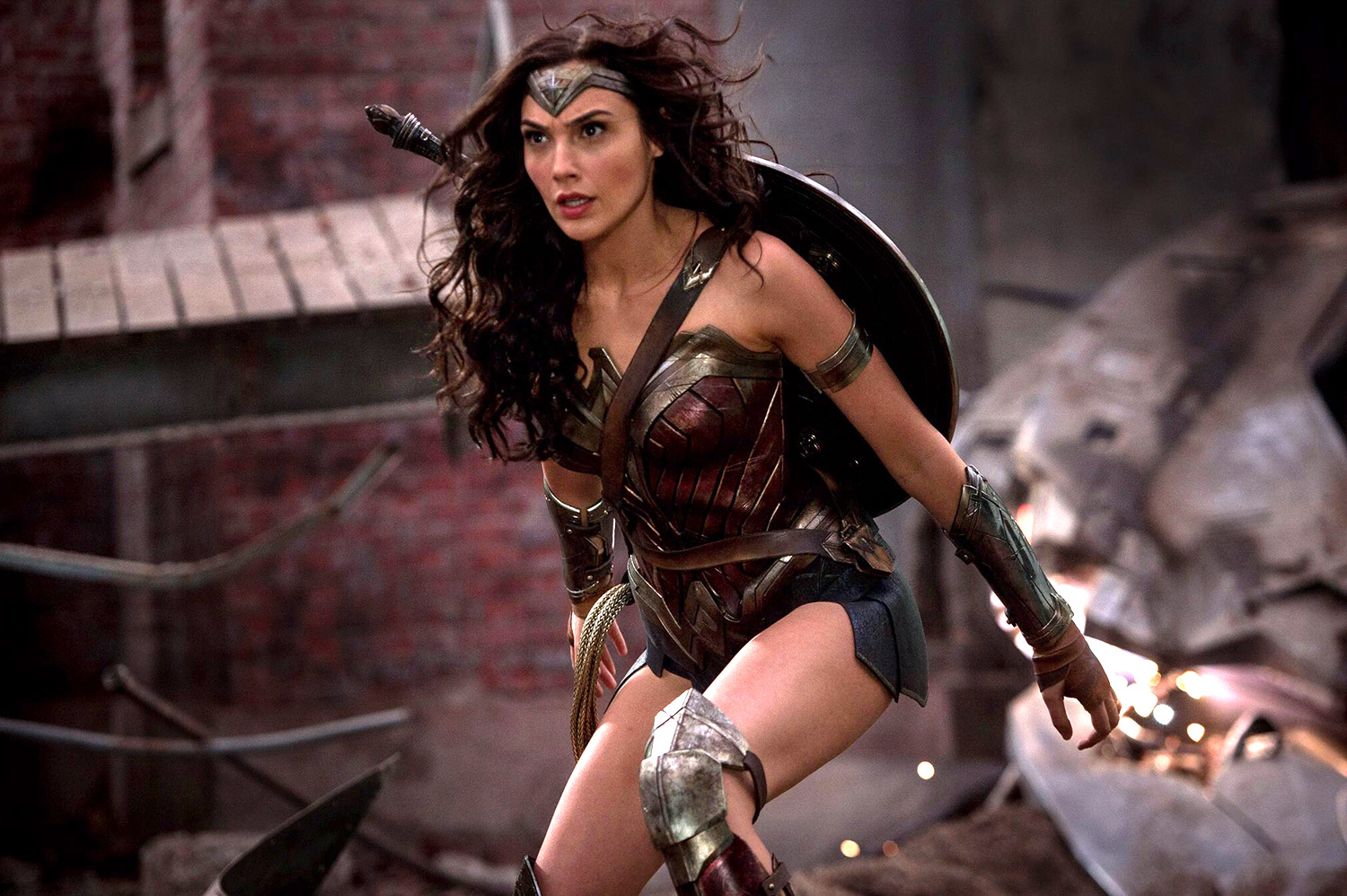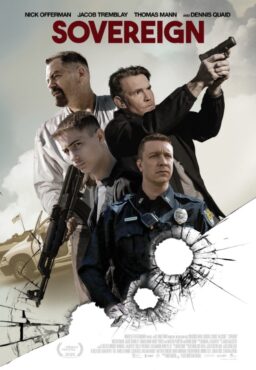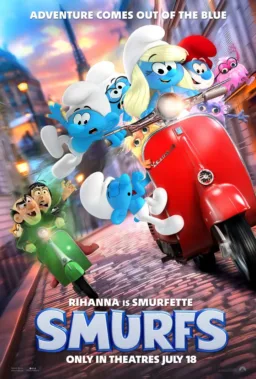One of the most powerful moments in the original “Superman, the Movie” finds Christopher Reeve’s Kryptonite-weakened Superman drowning in a swimming pool in Lex Luthor’s underground hideout while Valerie Perrine’s Miss Techmacher looks on, debating whether to go against her boss. “Millions of innocent people are going to die,” Superman pleads, choking back water as he sinks.
That image disturbed me as a kid because Superman seemed more upset by the thought of millions of strangers dying than by the prospect of his own demise. Such unaffected displays of selflessness haven’t entirely gone missing from the modern wave of superhero films released in the aftermath of 2008’s “The Dark Knight” and “Iron Man.” Even the most inept or nihilistic entries in the genre have at least a glimmer of old school Superman idealism; it’s something that screenwriters and directors feel that they have to genuflect toward, even if their hero is a masochistic loner or bantering wise-ass, because it connects the films with a larger pop culture tradition. But the idealism has become buried under so many other obligatory layers that it’s gotten harder to see. The stories are often about self-justification, about proving oneself: about the individual shaping his identity and mastering his destiny. The default mode of most Marvel films is glib and quippy, prizing banter over feeling, and the default mode of DC films has been mopey and tortured and faux-dark, a vibe that’s sold to audiences as “adult” even though it’s deeply adolescent. Once in a while you get an entry in either of those dominant veins that works, but even when it does, you can sense the filmmakers’ terror at being accused of being “corny,” a label that’s the kiss of death from many young viewers.
“Wonder Woman” is the best modern superhero film by a substantial margin, in large part because it shrugs off the supposed common wisdom that’s become encrusted around the genre and dares to be straightforwardly idealistic, giving its title character strongly held values and testing them and forcing her to adjust or re-frame them without losing them—a deeper struggle that’s more resonant than the physical struggles she faces in the course of the story, which are impressive in their own right. In theory, every superhero movie is, or pretends to be, about believing in something larger than oneself; but this message often gets lost amid narcissistic personal melodrama. This is never the case with “Wonder Woman.”
From the moment that Gal Gadot’s Diana leaves the isle of the Amazons and joins intrepid spy Steve Trevor (Chris Pine) on a mission to end The Great War, “Wonder Woman” sets issues of personal prowess aside (even though the character’s prowess is considerable) and concerns itself with the survival of intelligent life. In time, Diana realizes that the story told to her by her religion — that Ares the God of War makes men go to war, and that by killing Ares, she will end war — is false, and in fact, war is the product of contradictions and flaws in human nature. Most of these movies pivot around an extinction level threat, but here the threat ends up being a very recognizable one: not a whirling skymass of debris blasting an energy beam down onto a city, but weapons of mass destruction, represented by variations on poison gas, chlorine gas, modern machine guns and airplanes that can drop explosives. All of these were refined and widely deployed during World War I. They allowed soldiers with comparatively little training to kill large numbers of people, many of them civilians.
The sequence where Diana crosses No Man’s Land, deflecting bullets and bombs to prevent further harm against civilians, is stirring not just because Diana’s movements through the frame are so elegantly choreographed (by director Patty Jenkins) but because a powerful wish is being expressed: the wish to make modern warfare something other than what it has become. (“You would kill people you can’t see,” Diana says, aghast at such an obscenity.) “Wonder Woman” is the only superhero movie of the past decade that’s purely humanistic from start to finish, and never detours into narcissistic injury, cynical deflection or self-pity. It’s corny as hell, if by corny you mean “idealistic,” or “willing to state its belief in particular values that should never be compromised.”
Not even the MCU big-screen version of Captain America—easily the most Reeve-as-Superman-like superhero prior to “Wonder Woman”—is allowed to exemplify basic, positive human values so openly. Even in Marvel films, the other characters, and the movies themselves, are allowed to snicker at Cap a little, as if admitting that the films are taking their behavioral cues from our time rather than from his. “Wonder Woman” is radical because it presents the heroine’s values in a straightforward, uninflected way, then calibrates the entire movie around them. It trades the traditional raised eyebrow for a poker face, and is much stronger for having done so. (The film is helped tremendously by perfect casting in the leads. Gadot gives the best fish-out-of-water performance since Q’orianka Kilcher’s Pocahontas went to England at the end of “The New World,” while Pine manages to thread the needle between making Steve evolved and sensitive enough to treat a woman as an equal while also making him credible as a fellow who was probably born around 1880 and is more comfortable on a horse than in a car.)
A big part of the movie’s unprecedented box office success (it’s the top-grossing superhero origin story of all time) comes from the novelty of seeing a woman very belatedly placed at the center of a narrative of super-human adventure, a space nearly always occupied by muscled men. The mere existence of this film allows for moments we haven’t seen before. It is impossible to imagine almost any male superhero of recent years lighting up with joy at the sight of a baby, as Diana does on a street in smoggy London, or proclaiming, during the final showdown, “I believe in love” and not being laughed at by the movie, or by another character in the movie. Diana gets to have many such moments, as well as marvelous bits of throwaway humor (like telling an ice cream cone vendor “You should be very proud”) and some interludes that could be described as a lament for the species (as when she and Steve and the team are headed toward The Front and she wants to stop to help civilians in distress).
Jenkins and screenwriters Alan Heinberg treat her story as a pretext to look at the standard superhero elements again, through a woman’s eyes. “Wonder Woman” isn’t the first fantasy movie to insist that there’s a huge difference between expressing personal honor and physical skill in one-to-one combat, and deriving pleasure from dominating other people or destroying large numbers of enemies and great swaths of machinery or structures; but it’s the first one to articulate that difference through a female character and situate its observations within (and I’m surprised to be using the phrase here) a history lesson. A lot of kids and maybe some adults are going to learn a lot from “Wonder Woman” about how the world, war in particular, changed during the second decade of the 20th century, once humanity figured out how to use technology to give one person the power to kill dozens or hundreds by squeezing a trigger or tossing a canister of gas. Much of Diana’s distress in “Wonder Woman” comes from realizing that once she’s off the island (i.e., once she’s left her bubble of antiquity and joined the modern world) honor and prowess mean little. If she weren’t a god with superhuman reflexes, she’d be as helpless before machine guns, grenades, artillery shells and poison gas as the draftees and civilians whose deaths horrify her. She has a big heart, and the film never implies that she’s a sucker for caring as much as she does. If anything it encourages everyone watching the film to ask if they’re as empathetic as she is, and if not, why not.
The movie flags a bit in its final act because, like nearly all modern superhero films, it can’t figure out how to resolve its story except by having its main character fight a roaring supervillain and crush a lot of stuff and blow things up. Here, too, though, the fresh context adds something that we don’t get in other superhero films: a sense that the heroine’s values have been tested, and adjusted as result of the test. In the end, “Wonder Woman” is about realizing that you can become disillusioned while remaining an idealist at heart. She realizes that the story that her people told her about Ares and war—a tale that smacked of religious dogma—was untrue: that nothing can save humanity from destroying itself through violence except humanity, and the species is so compromised and misguided in so many ways that its prospects for reformation might be dim. Yet she still believes that love is the answer. In this film, as in any healthy relationship, love is a verb.












